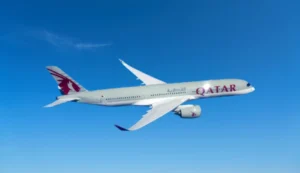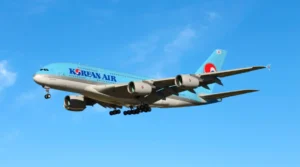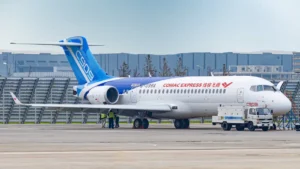Impact of Stronger Dollar and Soaring Oil Prices on Korean Airlines and LCCs
In the face of a strengthening US dollar and skyrocketing crude oil prices, South Korea’s aviation industry, encompassing major carriers like Korean Air and Asiana Airlines, as well as low-cost carriers (LCCs), finds itself contending with adverse effects. These challenges are further compounded by escalating tensions in the Middle East, resulting in heightened operational costs and increased volatility in the stock market.
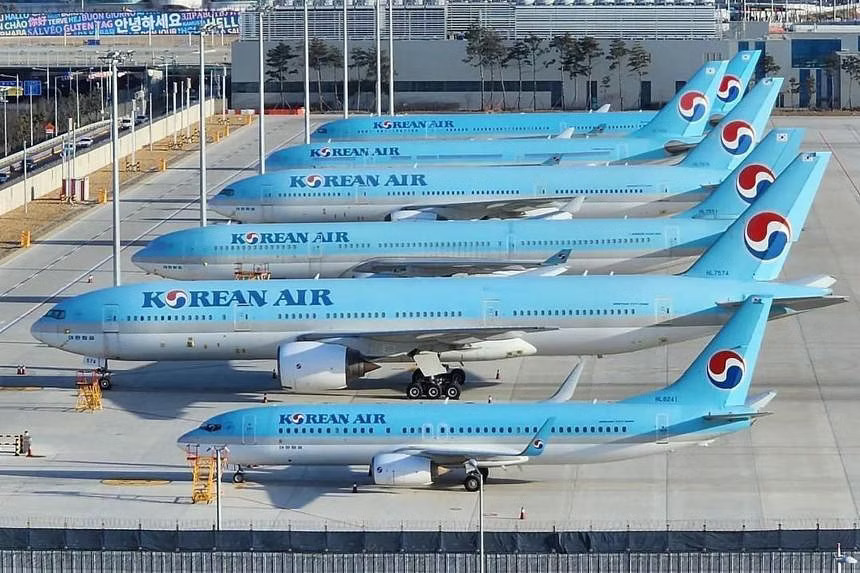
Shares of Korean Air, the nation’s flag carrier, have been on a downward trajectory since the onset of April, culminating in a 1.58 percent decrease in value by the close of trading on Tuesday. Similarly, Asiana Airlines and other LCCs, such as Jeju Air, T’way Air, and Jin Air, have witnessed declines in their stock prices over the same period.
The appreciation of the US dollar against the South Korean won emerges as a significant concern for airlines, exerting pressure on foreign exchange rates and influencing financial gains or losses. Rising crude oil prices add to the strain on airline finances, with fuel costs representing a substantial portion of operational expenses. Geopolitical tensions, particularly in the Middle East, contribute to market uncertainty, exacerbating the challenges faced by airlines.
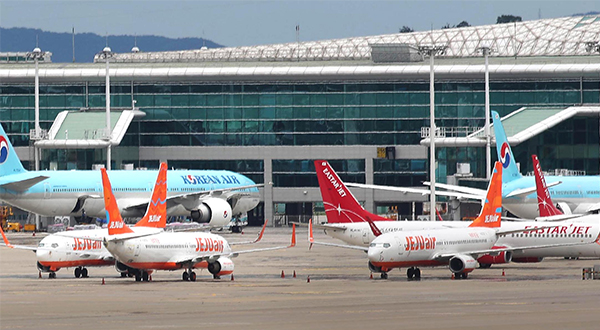
Acknowledging the impact of fluctuating dollar and oil prices on their financial performance, Korean Air and other carriers are closely monitoring the situation. To mitigate potential losses, airlines are exploring various strategies, including diversifying their business portfolios. For instance, Jeju Air engages in non-aviation ventures like hotels to create additional revenue streams. Nevertheless, uncertainties persist regarding airlines’ earnings outlook for the second quarter, with concerns over escalating expenditures outweighing earlier expectations of robust earnings.
Analysts caution against overly optimistic expectations regarding the aviation sector’s ability to maintain strong earnings amidst escalating external challenges. The outlook remains uncertain, with apprehensions that increased expenses resulting from higher oil prices and a stronger dollar could offset previous earnings gains.
South Korean airlines and LCCs find themselves navigating a challenging operating environment marked by currency volatility, surging oil prices, and geopolitical tensions. In response, they are adopting strategic measures to mitigate financial risks and ensure long-term profitability.



